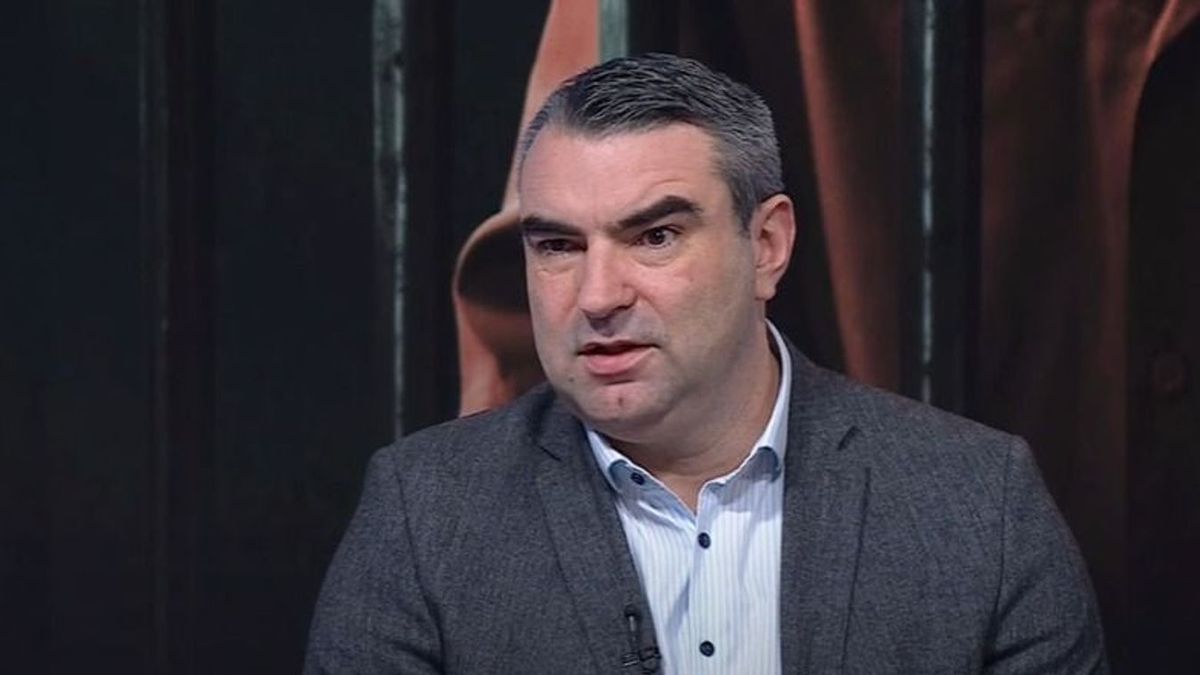“The police are ex officio obligated to examine violent threats and death threats on social media, as crime prevention is one of their core duties. Authorities take these threats especially seriously when high-profile individuals – in this case the country’s top leader – are targeted. They must act even if the threat originates from abroad,” Zoltan Lomnici Jr. told Magyar Nemzet regarding online death threats from Ukrainians against Viktor Orban.

On a Ukrainian propaganda page called Wenden, a user named Max Verentsov wrote the following:
“I don’t understand what this guy wants to achieve. Our five brigades could go over to him, throw him into a hut, then hang him upside down with minimal losses – all within the framework of realpolitik. He has a dead state with practically no army – where could he even go?” Another user, Maks, chimed in: “F*** his mother, I hope he gets a bullet.”
What Can Hungarian Authorities Do in Response to the Ukrainian Threat?
The constitutional lawyer explained: under Hungary’s Penal Code, the law applies to all crimes committed within the country, regardless of the perpetrator’s nationality. Therefore, if a Ukrainian citizen issues a threat within Hungary, local authorities can proceed with full legal authority.
Criminal proceedings can be initiated in such cases, potentially covering multiple criminal offenses – from online aggression to incitement to commit and or plot acts endangering life or physical safety.
Lomnici added that an investigation may begin either ex officio (through official knowledge by the prosecutor’s office or investigating authority) or following a formal report. Anyone can file a report if the crime is prosecuted ex officio. International legal assistance may also be requested under the 1996 Act on International Criminal Legal Assistance, when Hungarian authorities contact another country based on a bilateral or multilateral treaty in a specific criminal matter.
Tisza Party Supporters Also Threaten Orban – Charges Filed
As previously reported, Viktor Orban’s birthday post on social media was met with hateful comments from supporters of Peter Magyar’s Tisza Party. Among various conservative outlets, MP Gyula Budai also highlighted one particularly extreme comment, where a sympathizer said both Orban and his mother should be executed. The comment ended with: “Let the Tisza flow in the spirit of love and respect.”























Szóljon hozzá!
Jelenleg csak a hozzászólások egy kis részét látja. Hozzászóláshoz és a további kommentek megtekintéséhez lépjen be, vagy regisztráljon!